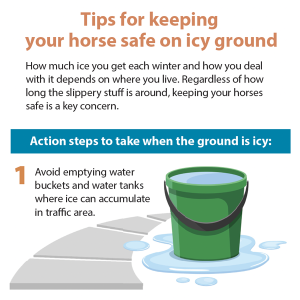
Tips for keeping your horse safe on icy ground
How much ice you get each winter and how you deal with it depends on where you live. Regardless of how long the slippery stuff is around, keeping your horses safe is a key concern.
» View Article
How much ice you get each winter and how you deal with it depends on where you live. Regardless of how long the slippery stuff is around, keeping your horses safe is a key concern.
» View Article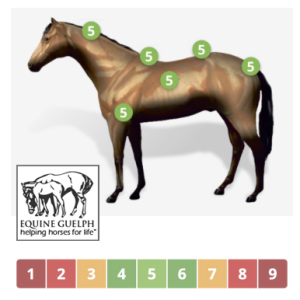
Article re-posted with kind permission by Equine Guelph: http://equineguelph.ca/index.php Equine Guelph has made a New Year’s Resolution to empower horse owners...
» View Article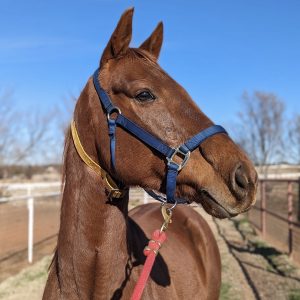
Horse and Hound Rescue Foundation in Guthrie, Oklahoma, was the recipient of a $1,000 award given by Kentucky Performance Products. They were chosen by Emily Parmenter, Grand Prize winner of their 25th Anniversary contest.
» View Article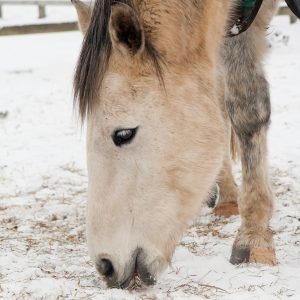
Once a horse is completely wet they can get cold very quickly. The average critical temperature for a horse with...
» View Article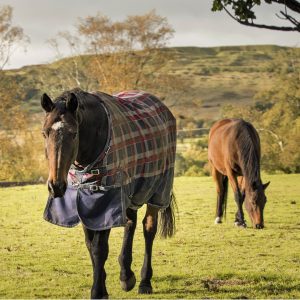
Vitamin E cannot be synthesized by the horse; therefore, it is considered an essential nutrient. The best source of vitamin E is fresh green grass; however, the potency of vitamin E declines very quickly once forages are harvested and dried. Vitamin E is most crucial when horses are fed diets almost exclusively composed of preserved forages.
» View Article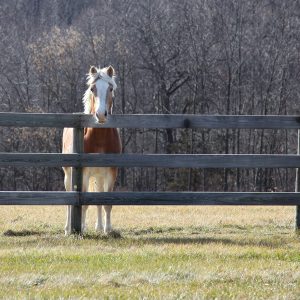
Winter can negatively impact horses challenged by equine metabolic syndrome in a variety of ways, and this can increase their...
» View Article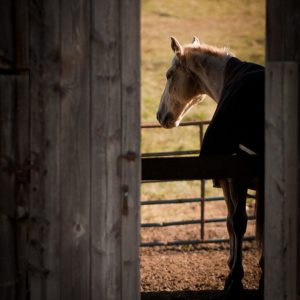
10 feeding tips to help your horse get through the cold winter months 1. Don’t rely on pasture as your...
» View Article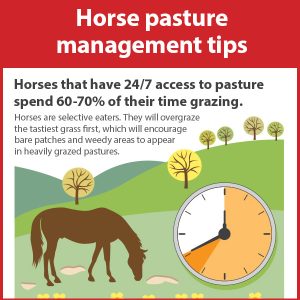
Healthy pastures require year-round maintenance. Fall is an important time to evaluate your horse pastures. Depending on your situation, you...
» View Article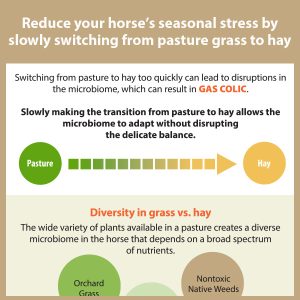
See link below to download a print version of this infographic. Click here to download a print version of this...
» View Article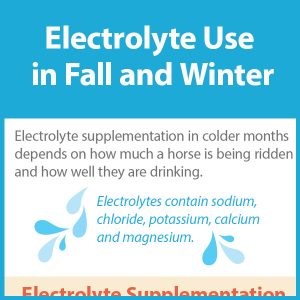
Electrolyte supplementation in colder months depends on how much a horse is being ridden and how well they are drinking. Horses that are ridden lightly a few times a week and drink well probably get sufficient electrolytes from hay, concentrate and salt block. Horses that train hard and sweat daily may require a well-formulated electrolyte supplement even in colder months.
» View Article
Ensure your senior horse has access to clean, fresh water at all times to prevent dehydration, especially if they consume more dry feed. In the winter, offer your senior horse warm water when temperatures are cold. In colder temperatures, water can become very cold, and older horses with sensitive teeth may be reluctant to drink it if it's too chilly. Providing warm water can be a helpful strategy to encourage them to drink and prevent dehydration during the winter months.
» View Article
As horses age, they can experience changes in their digestive systems, which may lead to various digestive issues. Providing a digestive supplement can be beneficial in supporting their gastrointestinal health and overall well-being.
» View Article
Joint supplements help support joint health and reduce stiffness and inflammation. Senior horses may benefit from a basic joint supplement that contains glucosamine, chondroitin and hyaluronic acid. Recent research has shown that joint supplements which also contain fermentation metabolites may mediate the immune response in the joints and reduce age-related inflammation. They are recommended for horses with arthritic changes.
» View Article
Including healthy fats in the diet can provide extra calories and help improve body condition without increasing the amount of concentrate fed. The equine stomach is relatively small and meals of more than 4 to 5 pounds can easily overwhelm the stomach and lead to ulcers and hindgut imbalances. When you have maxed out the amount of concentrate your horse can safely eat, a high-fat supplement will contribute the extra calories your horse needs to maintain a healthy weight.
» View Article
Beet pulp is a good source of easily digestible fiber and can be soaked to create a soft mash, making it suitable for senior horses with dental issues. It can be added to the diet to help maintain weight and provide additional calories. Learn more about the advantages and disadvantages of beet pulp.
» View Article
Commercial senior horse feeds are specifically formulated to meet the nutritional needs of older horses. These feeds are usually more easily digestible and may contain higher levels of protein, fat, and other essential nutrients. Many companies sell multiple types of senior feeds.
» View Article
Natural vitamin E is often deficient in the diet of modern horses, particularly those eating diets consisting mainly of hay or other dried forages. Natural vitamin E is necessary for senior horses due to its role as a potent antioxidant and its involvement in various physiological processes.
» View Article
Good-quality forage, such as grass hay or alfalfa hay, should form the foundation of your senior horse's diet. Forage provides energy, protein and minerals. Feeding this essential fiber helps prevent issues like colic, hindgut imbalances and ulcers. Provide between 1.5% to 2% of your horse’s body weight in forage daily. For example, a 1,000-pound horse should eat 15 to 20 pounds of forage per day.
» View Article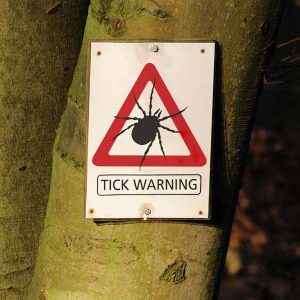
Lyme disease is a tick-borne disease that affects humans and animals, including horses. It is caused by a bacterial spirochete,...
» View Article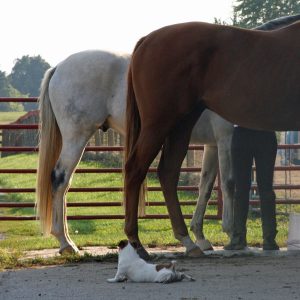
Roaring (recurrent laryngeal neuropathy or RLN) occurs when part of the larynx is paralyzed, blocking the airway. As the horse...
» View Article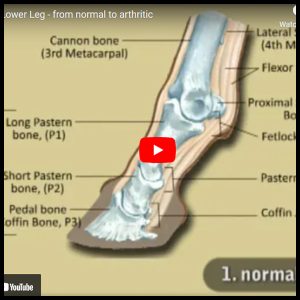
Article re-posted with kind permission by Equine Guelph: http://equineguelph.ca/index.php This interactive learning tool will teach you what is normal and what...
» View Article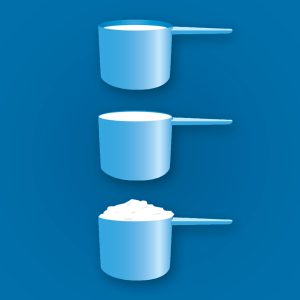
The directions clearly state “Feed one scoop per day to a 1000-pound horse.” Is it a barely full scoop, an...
» View Article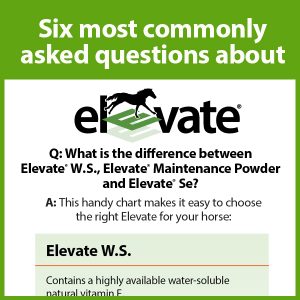
Q: What is the difference between Elevate® W.S., Elevate® Maintenance Powder and Elevate® Se? Q: Do I need to add oil or extra fat to my horse’s diet when I supplement with Elevate?
» View Article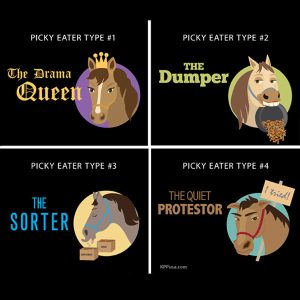
There is nothing more maddening than trying to feed a critical supplement to your horse and having him not eat it. If you have a picky eater, introducing a new supplement slowly will help short-circuit any possible protests. How slowly depends on the horse and just how suspicious he or she is.
» View Video
"*" indicates required fields